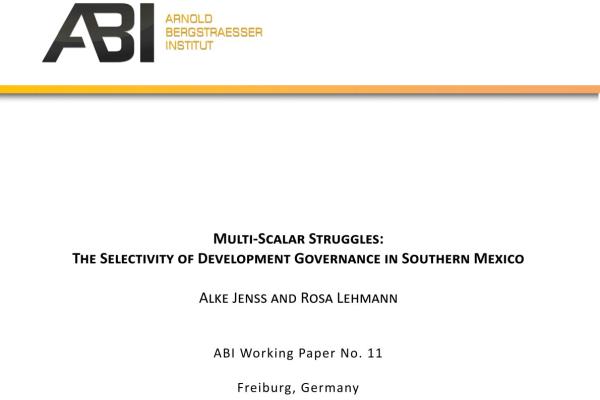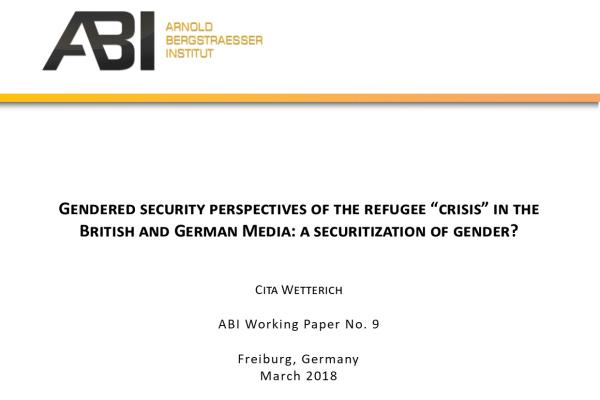
In Mexico, protests against large scale infrastructure and resource projects have increased over the last decade (Andrews et al. 2017). Hardly a month goes by without news on clashes between supporters and opponents of large-scale projects in some locality of rural Mexico, be it in the states of Oaxaca, or Guerrero and Zacatecas, where parts of the population protest against large-scale mining and hydropower projects; in Chiapas, where locals criticize the construction of new highways in the context of tourism infrastructure; or in Morelos and the state of Mexico, were conflicts center around forced urbanization projects (e.g. Hernández Navarro 2012: 89-101).1 While state agencies time and again invoke the promise of development, social movements and human rights organizations contest these infrastructure
projects because of the ecological damage they cause, their inability to distribute profits equitably to affected communities, and (occurring) repression against critics.


